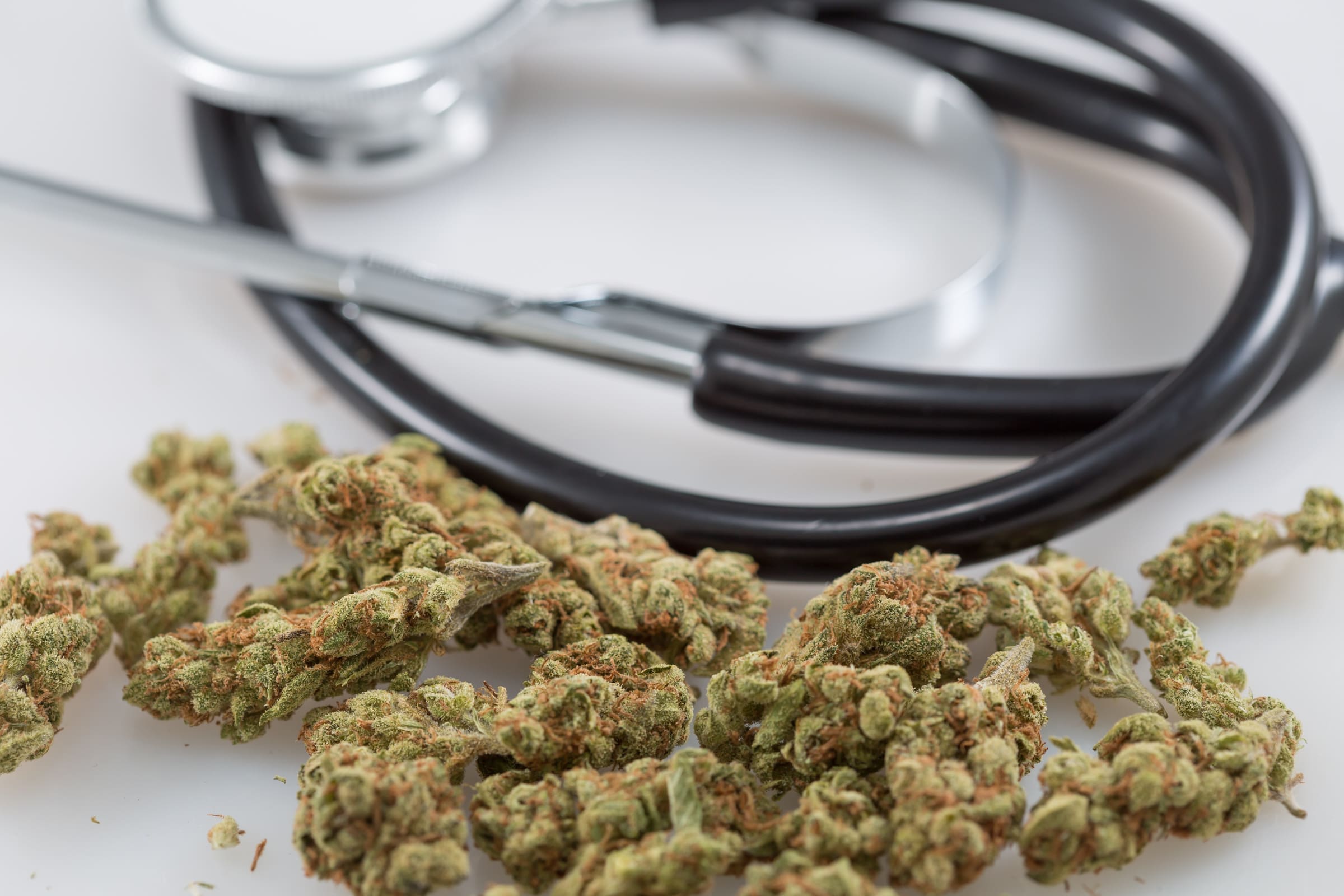
“Cost is the primary barrier to patient access in New York’s medical marijuana program,” reads a memo attached to the legislation. “Medicaid, other public health plans, and commercial health insurance plans do not cover medical marijuana, forcing patients to pay out of pocket. Some patients begin treatment only to stop due to inability to pay, while others turn to the black market.”
“For thousands of patients, medical marijuana is a safer and more effective medication than other drugs, especially opioids.”The bill, filed on Monday by Assemblyman Richard Gottfried and 17 cosponsors, would add medical cannabis coverage to four publicly funded health programs—Medicaid, Child Health Plus, workers compensation and EPIC, as well as the largely publicly funded Essential Plan.
“For Medicaid and Child Health Plus, there would presumably not be federal matching funds until the federal government changes its policies, but New York’s Medicaid and Child Health Plus programs have always covered people and services for which we do not receive federal match,” the Assembly memo says.
The bill also clarifies that while commercial health insurance programs are not required to cover medical marijuana, they are free to do so. And it would allow state regulators to certify medical marijuana dispensaries as Medicaid providers solely for the purpose of dispensing cannabis.
Marijuana Moment is currently tracking more than 800 cannabis bills in state legislatures and Congress. Patreon supporters pledging at least $25/month get access to our interactive maps, charts and hearing calendar so they don’t miss any developments.
If enacted, it would be the latest in a series of steady expansions to the the state’s medical cannabis program. Earlier this year, for example, regulators moved to allow medical marijuana to be recommended for any condition for which opioids would normally be prescribed.
Meanwhile, the administration of Gov. Andrew Cuomo (D) is considering more broadly legalizing marijuana. Officials are conducting a series of listening sessions around the state on the topic, and the governor created a task force to draft legalization legislation that lawmakers can consider in 2019.

No comments:
Post a Comment